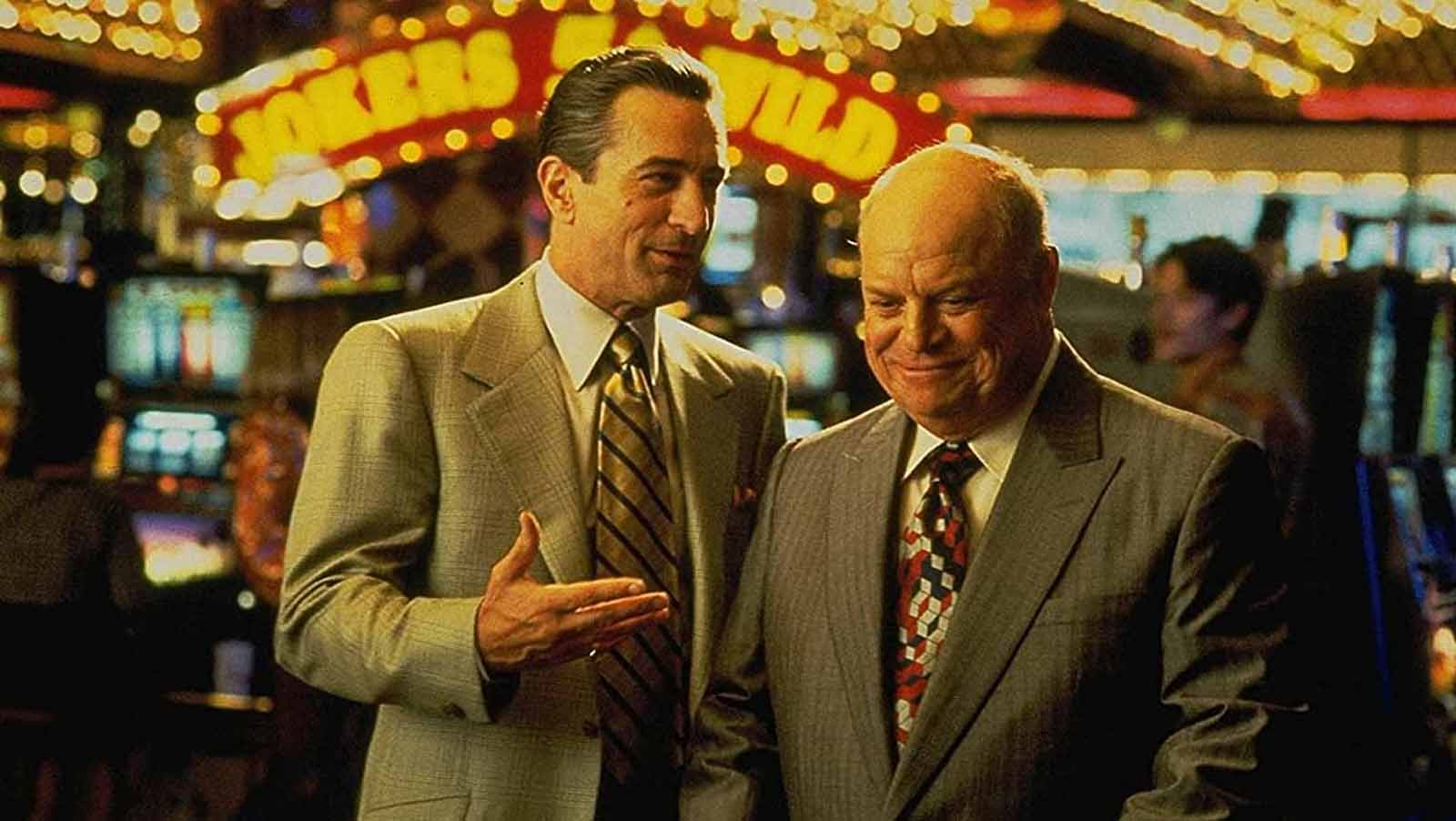The gambling industry relies heavily on bonuses and promotions to acquire and retain customers. These tempting offers utilize psychological techniques to exploit cognitive biases and encourage continued spending. We will explore common types of bonuses, the motivations behind them and how they influence gambling behavior.
Types of Gambling Bonuses
Gambling operators, like Lukki, offer various bonuses with distinct psychological hooks:
- Welcome bonuses – Large matchup deposits for new customers to incentivize sign-ups.
- Reload bonuses – Smaller matchup deposits to encourage existing players to continue depositing.
- Cashback – Money refunded after losses to mitigate risk and promote further spending.
- Free spins – Chance to win without depositing to tap into scarcity and fear of missing out.
These bonuses often have wagering requirements dictating how much a player must gamble before withdrawing winnings. This ensures the operator generates revenue from bonus activity.
Motivations Behind Gambling Bonuses
While bonuses may seem mutually beneficial for player and operator, their core purpose is increasing revenue by influencing bettor behavior.
Bonuses take advantage of common decision-making biases:
- Hyperbolic discounting – Players value immediate rewards over delayed costs.
- Sunk cost fallacy – Past deposits and wagers compel players to continue gambling in hopes of recouping losses.
- House money effect – Players take more risks with seemingly “free” bonus money.
In essence, bonuses provide short-term gains but encourage deeper, prolonged engagement.
How Bonuses Influence Gambling Behavior
Extensive research shows gambling bonuses profoundly impact player habits and psychology:
Allure of Welcome Bonuses
Welcome bonuses, often the largest promotion for new bettors, incentivize registration and initial deposits. Studies indicate they:
- Increase signup rates by up to 80%
- Triple the amount deposited by new players
- Lead to faster reinvestment of winnings back into play
However large matchup bonuses also correlate with quicker withdrawal of all funds – the operator must then reengage players with further bonuses.
Reload Bonuses Fuel Continued Spending
Reload bonuses offered to existing players encourage sustained gambling through:
- Keeping players in a “reward cycle” of playing, receiving bonuses and playing more.
- Targeting larger past depositors, VIP players and those reducing play, tempting them back to high levels of spending.
- Direct email and SMS promotion to those at risk of decreasing deposits.
In essence, reload bonuses allow operators to strategically reengage valuable players when needed.
Risk Mitigation of Cashback Offers
Cashback bonuses that return a portion of net losses help mitigate bettors’ risk. By offering insurance against losses, they reduce anxiety over incurred costs. Studies show cashback promotions:
- Are disproportionately popular with casual players and those adverse to risk.
- Lead to a 9% increase in future deposit frequency.
- Cause players to take higher risks with subsequent bankrolls.
Much like how insurance incentives greater risk-taking, cashback offers encourage further gambling even after losses.
Free Spins Tap Into Scarcity Bias
Free spin bonuses, providing complimentary rounds on slot machines, leverage scarcity to amplify their pull. By limiting availability, they create urgency and exclusivity. Studies indicate:
- Presenting free rounds as a limited-time offer increases their redeem rate by up to 50%.
- When granted as part of a matched deposit, free spins doubled the average amount players later deposited.
- Granting free spins on specific days caused players to return more often on those days.
With free spin bonuses, restrictions compel players to login and play more frequently while they remain available. Their impermanence fuels engagement.
Carefully Engineered System
Modern gambling operators employ an arsenal of bonuses with two key goals – increase player acquisition and encourage continued spending. Welcome packages bring in new bettors, while reload promotions and cashback keep them playing. Free spins amplify excitement around holidays and events.
This cornucopia of bonuses and promotions constitutes a carefully engineered system powered by psychological techniques. Operators leverage cognitive biases through limited-time offers, sunk cost traps, and variable rewards. In essence, each bonus provides a tempting carrot to follow – one that often leads to prolonged play and enhanced revenue. For consumers, awareness of these motivations allows better self-regulation.
The future may see greater regulation around gambling promotions. But operators will likely continue dreaming up new enticements to drive the engine of engagement. With increasing competition, the psychological arms race around bonuses shows no signs of slowing down.

 FOR FANBOYS, BY FANBOYS
Have you checked out LRM Online’s official podcasts and videos on The Genreverse Podcast Network? Available on YouTube and all your favorite podcast apps, This multimedia empire includes The Daily CoG, Breaking Geek Radio: The Podcast, GeekScholars Movie News, Anime-Versal Review Podcast, and our Star Wars dedicated podcast The Cantina. Check it out by listening on all your favorite podcast apps, or watching on YouTube!
Subscribe on: Apple Podcasts | Spotify | SoundCloud | Stitcher | Google Play
FOR FANBOYS, BY FANBOYS
Have you checked out LRM Online’s official podcasts and videos on The Genreverse Podcast Network? Available on YouTube and all your favorite podcast apps, This multimedia empire includes The Daily CoG, Breaking Geek Radio: The Podcast, GeekScholars Movie News, Anime-Versal Review Podcast, and our Star Wars dedicated podcast The Cantina. Check it out by listening on all your favorite podcast apps, or watching on YouTube!
Subscribe on: Apple Podcasts | Spotify | SoundCloud | Stitcher | Google Play




